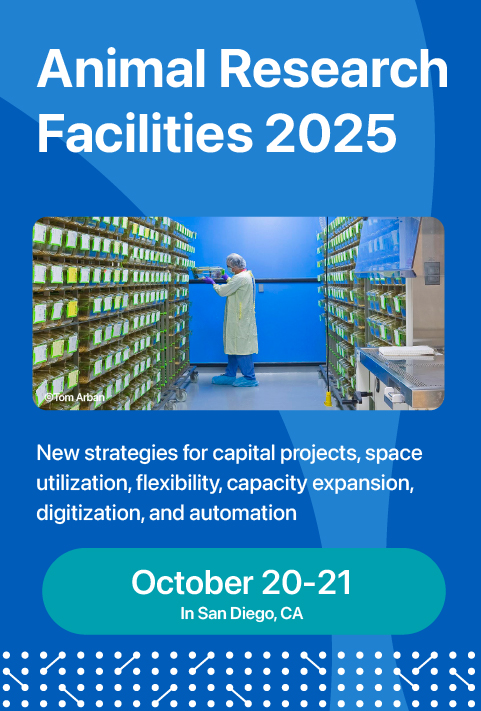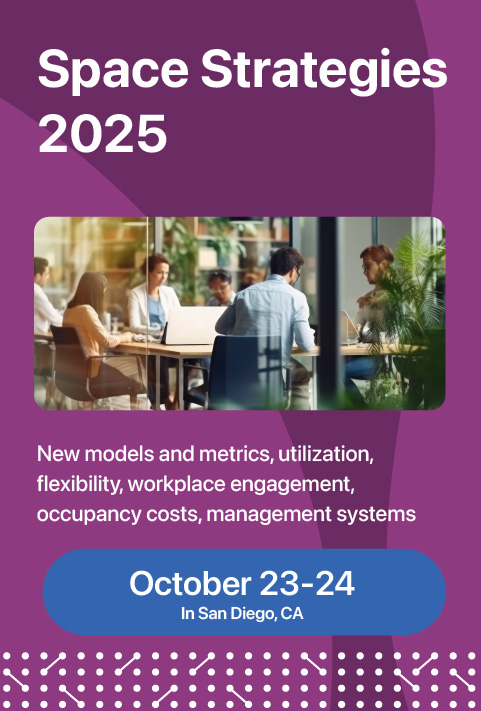Click the conference titles below for more detailed information (usually available approximately four months prior to each meeting). The most current information on these conferences is available through this Web site.
Upcoming Conferences
- New Plans and Strategies for Campuses & BuildingsOctober 6-7Grand Hyatt Scottsdale Resort
The rapidly evolving economic landscape demands a radical transformation of campus, facility, and infrastructure plans to stay competitive for people and financial sustainability. This conference focuses on the strategic actions that leading organizations are taking now to secure their reputations, positions, and effectiveness going forward.
More Info - Animal Research Facilities 2025October 20-21San Diego Mission Bay Resort
Get the latest details on what research organizations are doing to create robust, efficient, modern, and competitive research space and infrastructure for animal-based research programs of the future.
More Info - Space Strategies 2025October 23-24San Diego Mission Bay Resort
See the new space planning and management strategies that are delivering higher space utilization, expanded flexibility, lower occupancy cost, reduced footprint, increased human and organizational performance, improved workplace experience, healthier work environments, and higher recruiting power in academic, private sector, and government workplaces.
More Info



